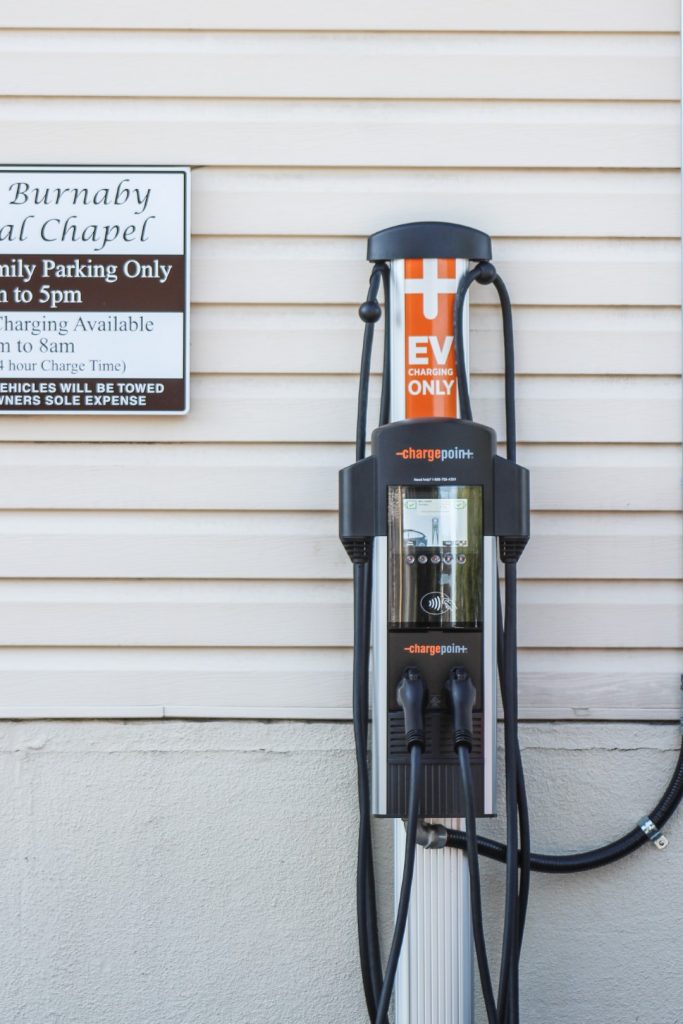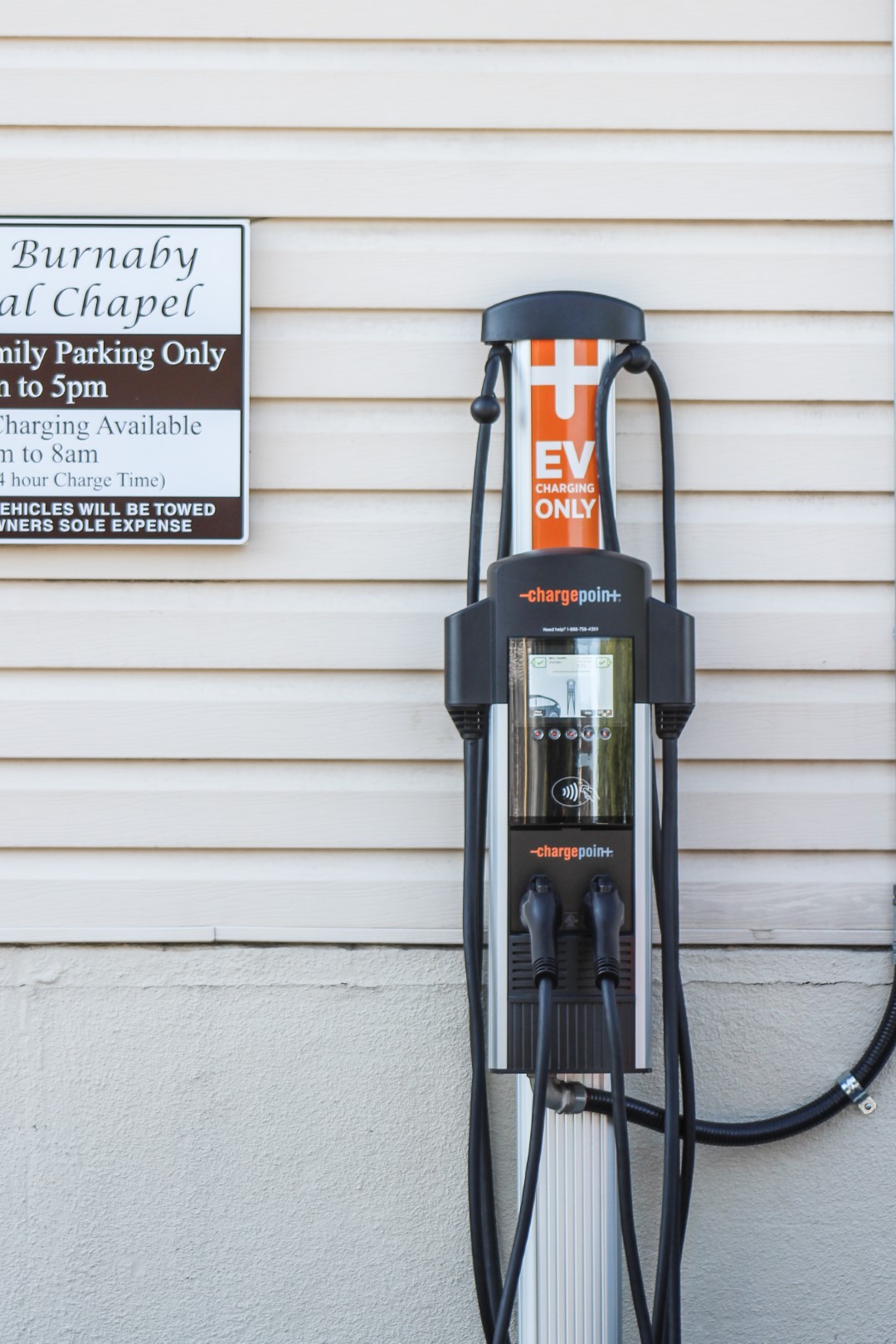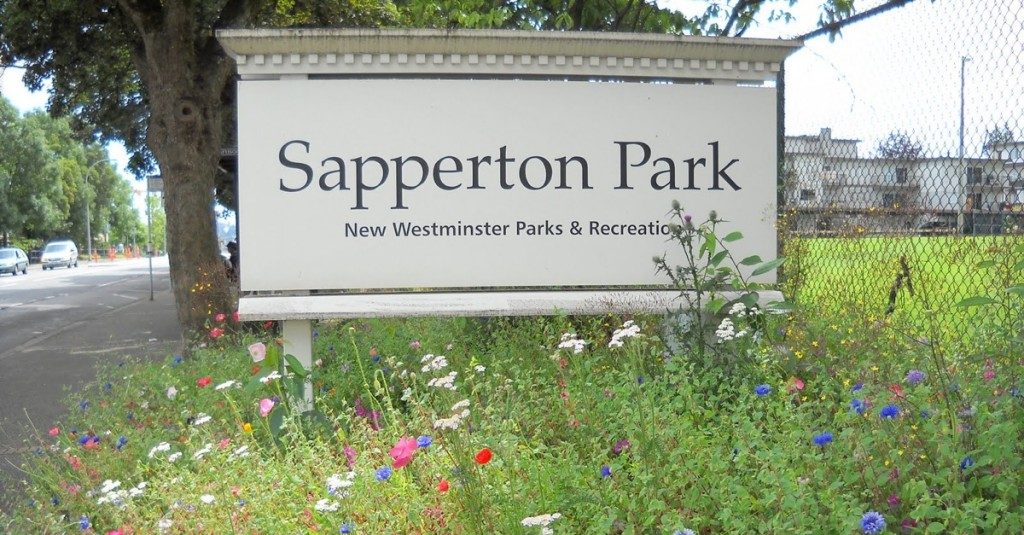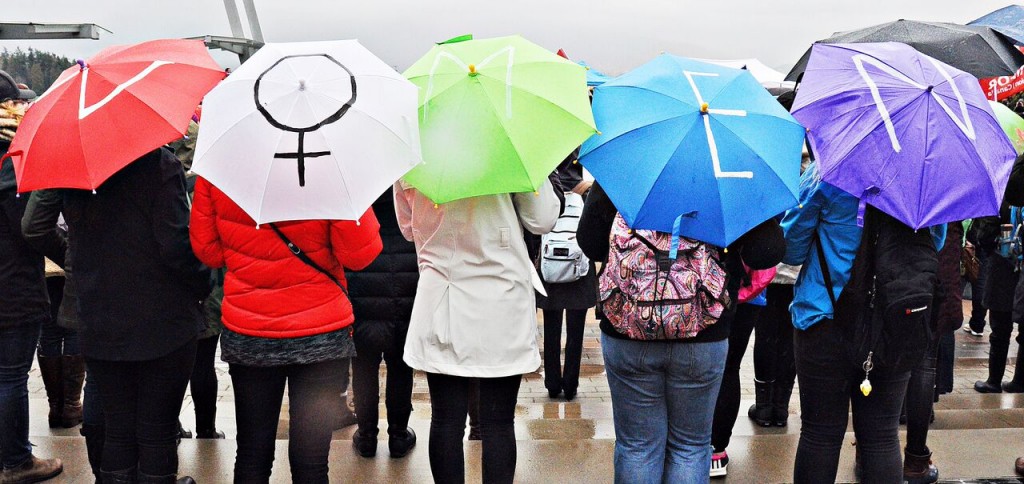
The number likely to rise to 40 by 2020
By Tania Arora, Staff Reporter
On Monday, June 24, Natural Resources Canada and FortisBC together in partnership with the province and the federal government announced its plan to build 12 new electric vehicle fast-charging stations in British Columbia.
The charging stations are a part of Natural Resources Canada’s electric vehicle initiative. The program aims to reduce fuel consumption by promoting electric vehicles and further establishing chargers across the national highway system. This would lessen the travel anxiety many owners of electric vehicles face and help them plan their trip ahead of time. Charging cars would be as easy and quick as stopping to catch a view or some air while on a trip. The fast chargers are efficient enough to level up the car battery within 20 to 30 minutes. Two of these stations have been installed at the Kelowna International Airport, where the Monday announcement was held.
“We’re laying [charge stations] out across the southern Interior and they’re really designed for those long trips, so you can pop in and charge your car quickly on a long trip and carry on again,” said FortisBC Vice President Doug Stout to the CBC. “It takes away that range anxiety people talk about.”
More such stations are planned to be installed in Beaverdale, Osoyoos, Cawston, Nelson, Kaslo, Rossland, New Denver, and Nakusp.
Calls for electric vehicle options have been increasing in the wake of ongoing climate change concerns. The province of BC in partnership with New Car Dealership Association of BC runs a pioneering sales incentive plan, CEVforBC, to make Clean Energy Vehicles (CEV) more affordable and accessible for residents of the province.
“The transportation sector is at the forefront of the green revolution and new car dealers in British Columbia are spearheading it,” said President and CEO of the New Car Dealers Association of BC Blair Qualey in a statement.
CEVforBC will run until March 31, 2020 or until the funds are exhausted, whichever situation arises first. The program is managed by the Ministry of Energy and Mines.
The step to fund the initiative led the government to slash the current EV consumer rebate to $3,000 from $5,000. Until now, the province used to offer $5,000 in incentives to encourage consumers to purchase electric cars. In addition, earlier this year the federal government rolled out its $5,000 rebate incentive for certain electric vehicles. By offering such benefits, the government has seen a drastic rise in the purchase of electric vehicles.
Lakshay Anand, a student at Douglas College, in an interview with the Other Press said, “I think that [a Tesla] might be the next car I buy, and due to the increasing gas prices, electric vehicles will be more affordable and convenient for me. It is great to know that the government is planning to install more charging stations as I might not have to worry about long road trips.”
FortisBC plans to increase the amount of charging stations to 17 in 2019 and 40 by the end of 2020.


